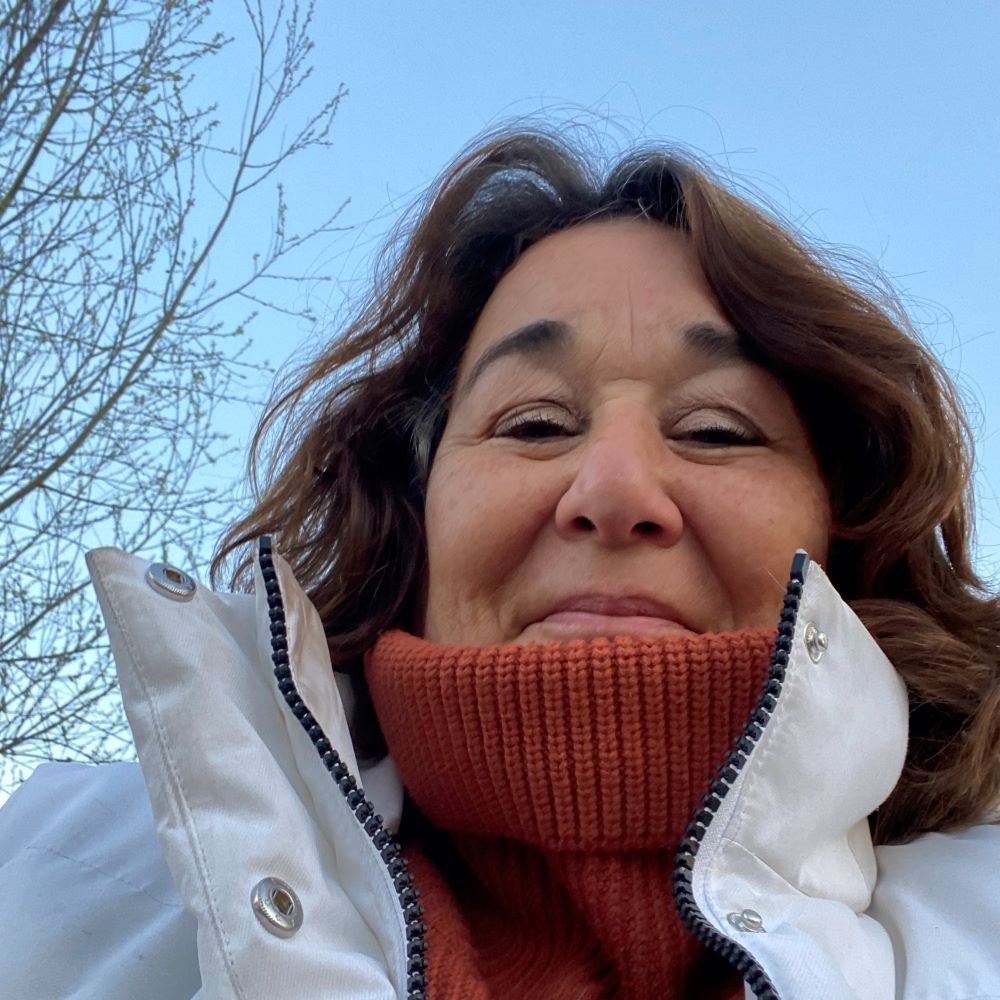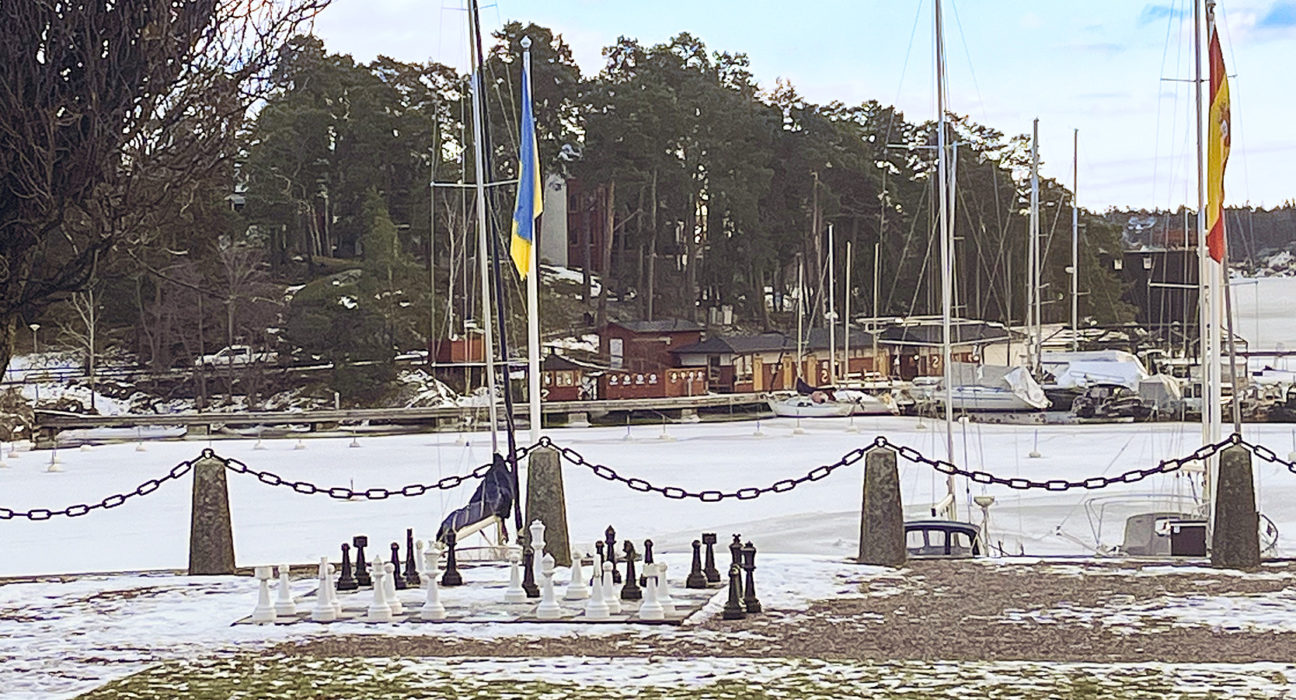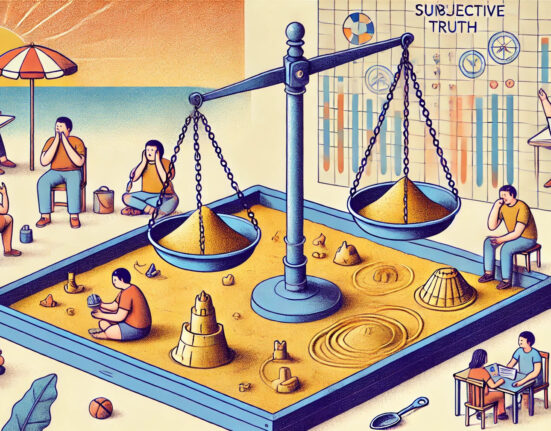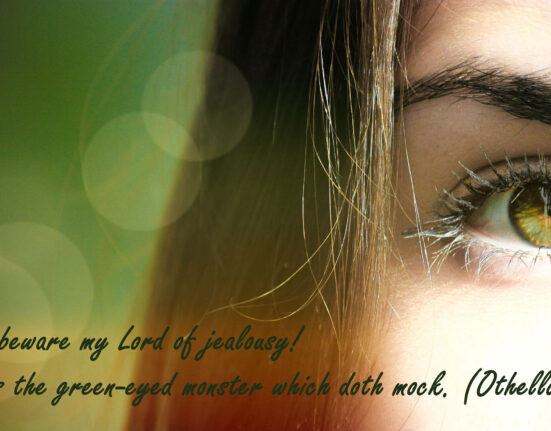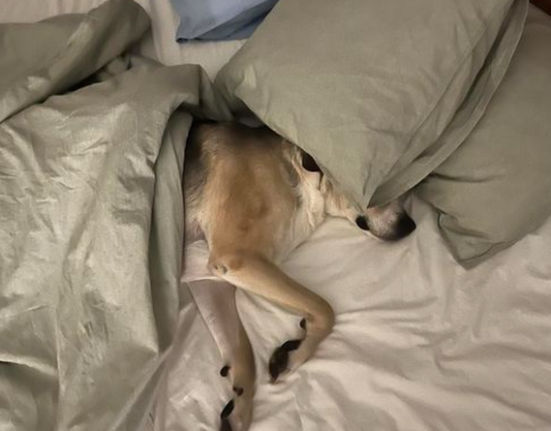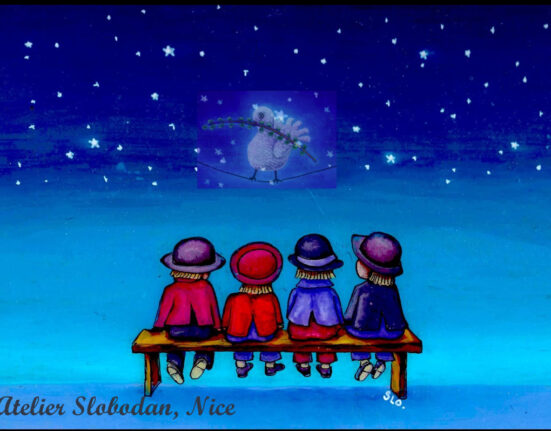My hotel room in wonderful Saltsjöbaden looks out on an open-air chessboard. The pieces are randomly placed on the board, some alongside it, painting the scene of a game in mid play. Right now it looks a bit sorry for itself, given the average temperature of -10 in the past weeks.
It inspires me to think about chess as a metaphor for life. Especially concerning the fallacy of control, a topic that ran like a red thread through my sessions this week. The chess pieces might represent the different players in our outer world, affecting the game we play, blocking our path, undermining our game, or helping us to win. But they can also represent the players in the world within us. The square pragmatic castle, the intuitive jumping knight, the vulnerable king, the underestimated pawns. In a healthy inner life all these different players get to join in the game, but in most cases, some pieces dominate our play, while others remain unused.
How is this related to control?
When you start playing a game of chess you already know that you are only in control of your side of the game. That goes for any game of skill, be it scrabble or World of Warcraft. And when you add in the roll of the dice, you have even less control. You might have your goal or your strategy, but so do the other players in the game. And their playing affects and informs our own. Most people are aware of this and, most of the time at least, they accept this.
However, when it comes to the game of life, we suddenly seem to think we are in control of the outcome. Why else would we turn each decision round and round in our fevered mind, just to be sure we’re making the right one? Unconsciously we live out the fallacy that a good decision will lead to joy and a bad decision to misfortune. Parents tell their children; “make good decisions today.” Sure, if they mean eat an apple instead of sniffing cocaine, but then that’s obvious. Yet I see many young adults in my practise who are now stuck in what they felt was the ‘best’, most important and defining decision of their lives. And so when they get bored, or overwhelmed, they punish themselves for having made a wrong decision and begin to lose themselves in a downward spiral of decision-making anxiety, without asking themselves who it was that made the decision.
Who makes your decisions?
In the 1980s, neuroscientist Benjamin Libet described something called the readiness potential. Even before his volunteers reported a conscious intention to move a part of their body, the upcoming decision could be recorded in the brain for as much as 10 seconds in advance. And of course that sparked a whole debate about free will. But when you think about it, all our decisions, before they reach consciousness, are impacted by a thousand micro decisions and influences from without. And they also flow forth from a whole inner dialogue that often remains unconscious. Part of the work in therapy is to make this inner dialogue conscious, to see which chess pieces are dominating your inner world and whose voices still need to be released.
A favourite expression is that you can’t control what happens to you, but you can control how you respond to it. And I believe that’s true. But if that response is mainly unconscious, informed by a handful of dominant chess pieces that tell the others to shut up, then the perceived sense of control is still false. You might then conclude that I think we should all live like jellyfish, rocked about on the waves and the tides of the great oceans and seas.
No! I don’t believe the opposite of control is letting yourself be controlled or becoming totally passive. I believe that true control is inner control, and not the Victorian strong-willed control either, but a gentle control where your whole inner parliament, all the chess pieces, have a voice. And where you dance hand in hand with the natural flow of life. Which means that you don’t impose yourself on your life, nor on that of others, but you feel into the rhythm, into the flow.
Slowing down
And that takes patience. But we are all so impatient. If we feel a stirring to visit Japan, we think we should be on the next plane out. Instant gratification gives us a wonderful sense of control and yet leaves us feeling empty and unfulfilled. And so we are up against a racing, brainwashing world that earns itself millions by upholding the myth of controlling the measure of joy and pain in our lives.
So you might say, hard control is external, while true control, the gentle flowing, harmonious control, comes from the inside. You can also call it inner authority; the ability to sit at the head of the table in your inner world, letting all the voices be heard, not just the ones that have been kidnapped by your survivor self. Inner authority takes the time to hear the ongoing argument for and against a certain course, while also reading the field to find the right timing and rhythm. Letting go of any concept of good or bad, remaining unattached to the outcome.
Taking the time to develop this inner authority and learning to say ‘I don’t know’ when people challenge you on your decisions, will allow you to play the game of life much as you would play a game of chess. While adding in curiosity and a lack of self-recrimination will make the playing of it more fun. The opposite of control, or the antidote to control, is letting your life unfold as the mystery that it is, with a strong inner authority that informs your decisions and allows you to face and make use of whatever comes your way, good or bad.
Listen to this article:
Lysanne Sizoo, international Mental Health specialist
With over two decades of experience, Lysanne Sizoo specializes in assisting expatriates, international professionals, and global nomads facing mental health challenges. Her professional journey has taken her to the United Kingdom, Sweden, New Zealand, and the Netherlands. In 2023 she relocated from Holland back to Stockholm for the second time around and meets clients both online and in her office on Södermalm.
Living away from one’s native country comes with its unique set of psychological hurdles, alongside the everyday ups and downs of life. This holds true for global nomads, cross-cultural adults, and children alike.
In these articles Lysanne writes about the different challenges that face us in life, as expats and as ordinary human beings. She uses her own experience as a jumping off point for reflections on how to use the lessons from therapy to live a more contended and congruent life.
If you have specific topics or issues that you’d like Lysanne to explore in her articles, please reach out via the contact form on this website or directly through her personal website. Rest assured, your privacy and confidentiality will be upheld.
